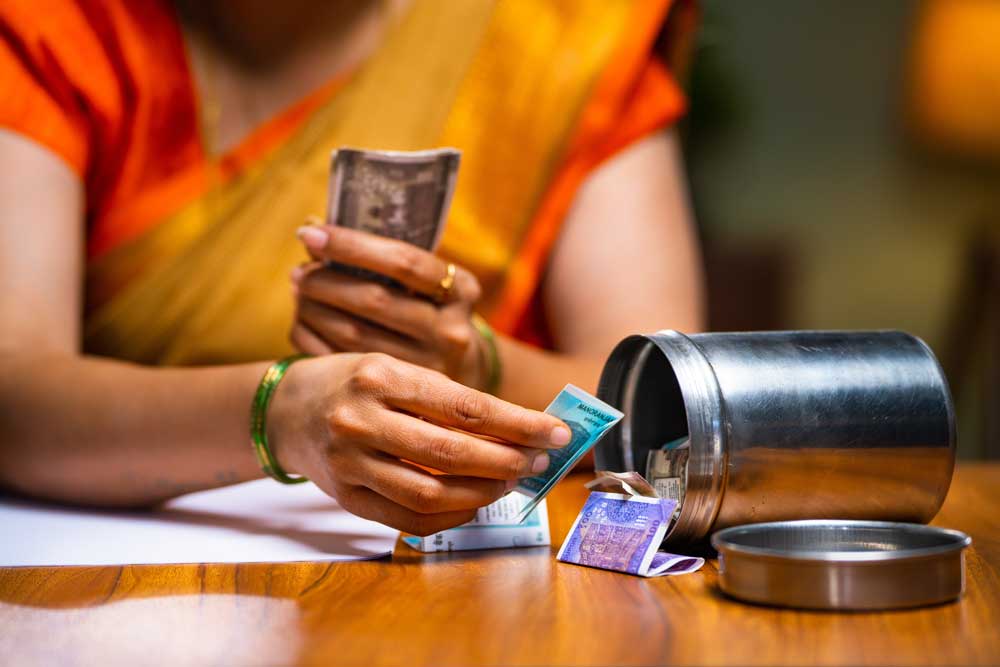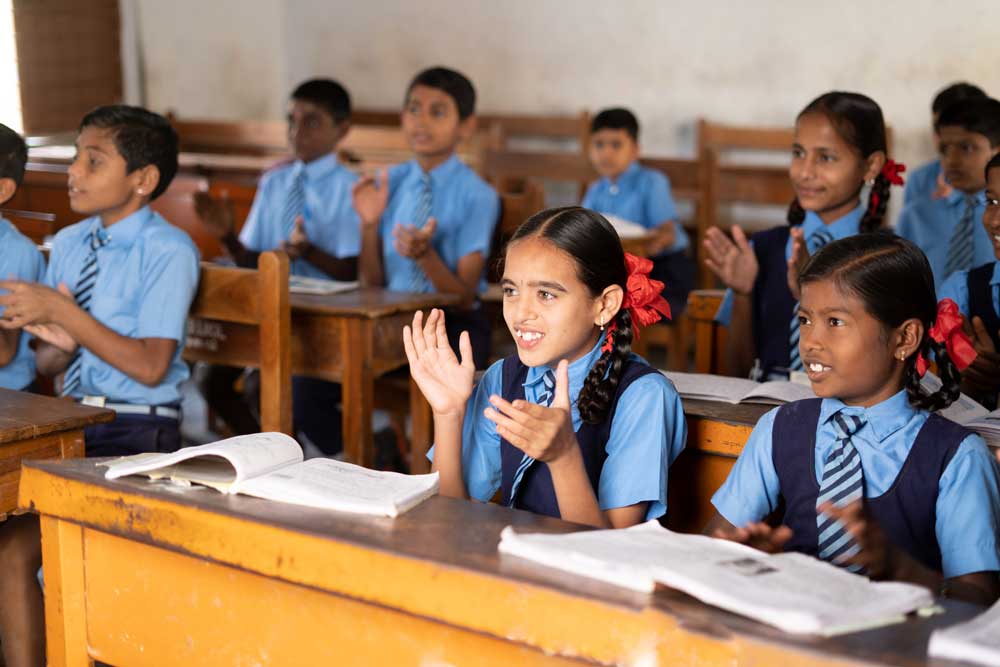According to the India Today Gross Domestic Behaviour (GDB) poll, opinions on women’s autonomy to manage their own income are still debated throughout India, with regional differences being particularly noticeable. More than 9,000 people participated in the ‘Gender Attitudes’ poll, which brought to light the pervasive gender inequalities that still influence women’s personal liberties and family decision-making. The survey reveals a country torn between patriarchy and progress. Kerala topped the list and once again passed the gender parity test, while Uttar Pradesh came in at the bottom.

While 31 per cent of respondents said that family approval should be required for financial decisions, the majority of respondents (69 per cent) thought that women should have complete authority over their own income. According to 91 per cent of respondents in Kerala, women should have complete control over their own income. Only 27 per cent of people in Odisha agreed, with the majority stating that women should wait for family consent before making financial decisions. This discrepancy highlights how different regions of the nation have made varying degrees of progress towards gender equality.

The survey, which looked at gender attitudes beyond financial independence, showed a country divided between traditional patriarchy and contemporary goals. A startling 69 per cent of respondents said that men should make the final decisions at home. 30 per cent, however, disagreed with this viewpoint and supported a more equitable strategy.
Kerala was the most advanced state, with 75 per cent of respondents rejecting the idea entirely, while Uttar Pradesh had the most pronounced gap, with 96 per cent of respondents favouring male control in domestic affairs.
Divergent opinions regarding women’s personal liberties were also revealed in the study. Just 6 per cent of respondents disagreed with the overwhelming 93 per cent of respondents who thought daughters should be encouraged to pursue education on par with sons. There was a clear disparity between the states: whereas a disturbing 22 per cent of people from Gujarat opposed equal educational opportunities for girls, 98 per cent of Odishans supported them.

The gap was further emphasised by attitudes on domestic violence. When asked if it was alright for a husband to beat his wife if she disagreed with his decisions about the house, 83 per cent of respondents said that it was wrong, while a concerning 16 per cent said that they were fine with it. The differences across the states were striking: only 2 per cent of respondents in Uttarakhand approved of domestic abuse, while 31 per cent in Andhra Pradesh did.
Significant differences in opinions on the harassment of women were found based on geographical factors in the poll, which also looked at public safety issues. Of those surveyed nationwide, 42 per cent claimed that eve-teasing or harassment in public places was a common problem in their community, while 56 per cent disagreed.
The difference between the surrounding states was especially noticeable: whereas only 17 per cent of Tamil Nadu’s respondents said they frequently experienced eve-teasing, 79 per cent of Karnataka’s respondents answered in the affirmative, underscoring the unequal distribution of this social hazard in India.

A complicated picture of gender attitudes in India is presented through this survey, which shows both advancements and enduring inequity. Some states continue to uphold established power structures that restrict women's independence, while others, like Kerala and Uttarakhand, stand out as shining examples of gender equality.
Image source: Economic Times